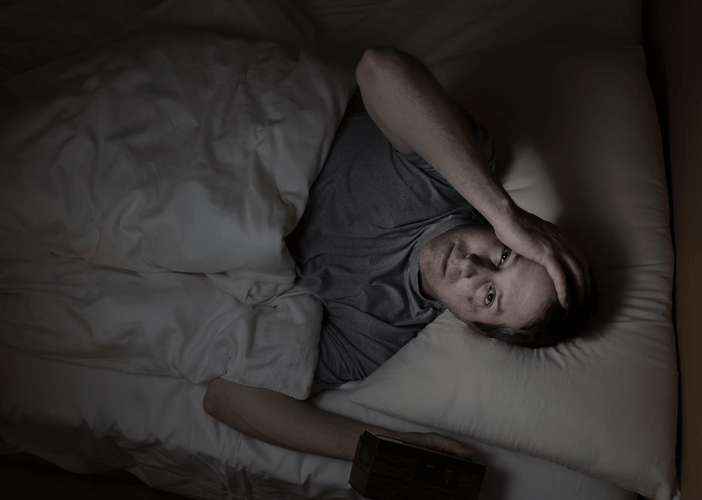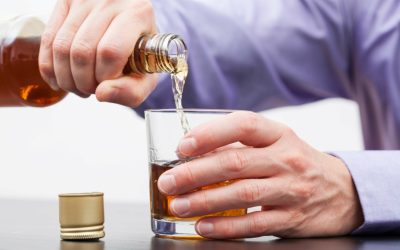Content
Research indicates that excessive alcohol intake can negatively impact hair and scalp health. In this article, we will examine the underlying factors contributing to this damage and discuss strategies to minimize alcohol’s detrimental effects on hair and scalp health. Also, as we mentioned previously, drinking too much alcohol leads to a number of other adverse effects that impact your hair health, such as increased stress and poor sleep quality. After quitting alcohol, if you work to focus on these areas and improve them, you will likely see big improvements in your hair health.
- It can also affect other hormone interactions responsible for regulating a wide variety of processes in the body, like hair growth and hair shedding.
- There’s no need to stop drinking altogether, but if you want to promote healthy hair follicles, remember that overconsumption of alcohol and hair loss go hand in hand.
- Consuming alcohol on a regular basis impacts the thyroid and the hypothalamic-pituitary-thyroid axis in a negative manner.
- ’, it’s time to take action and follow the tips mentioned in this article to avoid losing hair due to alcohol consumption.
- According to the National Institutes of Health, most people in the United States get adequate zinc from their diet.
With that being said, if you are addicted to alcohol and want to reverse your hair loss and other side effects, then a medically monitored detox and treatment program can help. While drinking alcohol is not one of the direct causes of hair loss, alcohol intake has been linked to other things that do cause hair loss, including nutrient deficiencies and smoking. This is perhaps why we don’t have any studies linking alcohol and hair loss. However, we do know that some of the side effects of drinking alcohol could contribute to reduced hair health and, potentially, baldness. However, various side effects of consuming alcohol could lead to slower hair growth, hair thinning, hair loss, and an overall reduction in hair health.
What are the Long-Term Effects of Dimenthyltryptamine (DMT)?
As you consume so many of your calories in the form of alcohol, you’re probably not focusing on maintaining a nutritious, well-balanced diet in the process. Heavy alcohol use can have other effects on your overall appearance. Again, this is usually because alcohol interacts with normal body functions and may lead to deficiencies in key vitamins and nutrients. Other lifestyle factors that often go along with drinking, like smoking, may make hair loss worse and lead to other issues related to appearance as well.

With major implications for your heart, brain, and liver health, getting excessive alcohol consumption in check is important for your overall well-being. Whether you’re someone who drinks or not, many people can benefit from taking a supplement since it can be challenging to ensure your body gets all of its nutrients from food. With this new information, are you willing to switch up your happy hour cocktail? Caspero has a few suggestions that can help combat dehydration and keep you from ingesting too much sugar. The other problems alcohol causes to your hair, such as dehydration, can again compound with all these other lifestyle problems and leave you with damaged, thinning, and even balding hair.
Drinking alcohol can cause hair loss for several different reasons.
Preservatives kill bacteria and make foods and beverages last longer on the shelf. This is great for the manufacturers and business owners, but not so much for the body. They in no way offer you any benefit, and they can even cause harm. Most likely, this won’t be the case as alcohol and gray hair don’t really go hand in hand. Graying is largely due to genetics and natural aging, and while some research has been done on alcohol and graying, none thus far has been conclusive in linking the two. When investigating crack vs cocaine, you will uncover the many differences between crack and cocaine including their effects and legal repercussions.
Does quitting alcohol make you look younger?
Get Glowing Skin
Within a few weeks of quitting drinking, your hydrated skin will thank you with: Diminished puffiness. Reduced dryness. Fewer wrinkles.
However, these supplements can help speed up the process of getting your body back to functioning regularly and restoring a healthy head of hair. Furthermore, the chemicals inside of cigarettes’ can damage collagen and elastin, which could lead to dry skin, including that on the scalp. Have you suddenly noticed an increase in the number of hair strands on your pillow in the morning? While that does sound scary, identifying it early on is key to treating this condition effectively.
What Happens to Your Hair When You Stop Drinking Alcohol?
Although hair loss is not a very common side effect of alcohol consumption, for those who struggle with an alcohol addiction, this can certainly become an issue. Hair has its own mechanism of growing and shedding, and it is when this mechanism is thrown off that growth is hindered. Especially in the case of males, hair growth faces a lot of hiccups that can easily be managed. ’, it’s time to take action and follow the tips mentioned in this article to avoid losing hair due to alcohol consumption. And, if you need more help, a hair loss supplement can offer you comfort and improve the quality of your hair. About 60% of the human body is water, and nearly 25% of a health strand of hair is water, so it should come as no surprise that dehydration can have a serious effect on your hair.

Hence, controlling your blood sugar level is imperative if you want to take good care of your hair. And since alcohol may spike the blood sugar level, exercising restraint will be a better decision. At Reflections, our Ph.D-led team has decades of experience treating addiction. We create personalized treatment plans that include both evidence-based and holistic care options to ensure that all clients are getting the treatment they need. To learn more about how we can help you, contact our admissions team today.
Although liver damage is one of the best-known side effects of heavy drinking, alcohol can seriously affect the health of your hair. In some cases, excessive drinking can be the indirect cause of hair loss. While there’s no direct link between the two, the effects of alcohol abuse on the body are many and varied.
Excessive drinking can also cause nutrient deficiencies, one of the leading causes of hair fall in men and women. While moderate drinking does not impact hair health much, heavy drinkers often experience baldness or hair thinning. Alcohol is a diuretic, so it makes people urinate more frequently. While dehydration is the primary cause of hangovers the next morning, a lack of hydration also affects the strength and elasticity of the skin. People who drink in moderation and are experiencing hair loss or hair thinning probably don’t need to place the blame on the booze.
Benefits of Acceptance and Commitment Therapy (ACT) For Your Mental Health
While alcohol abuse and hair loss may be the first problems on your priority list, you’ll soon see that cutting back on alcohol will lead to a complete transformation in your day-to-day life. From there, you can make lifestyle changes that are not only conducive with hair health, but better physical health in general. While estrogen may help women achieve healthier hair, when it comes to men, this appears https://www.excel-medical.com/5-tips-to-consider-when-choosing-a-sober-living-house/ to be the exact opposite. For men who frequently participate in heavy drinking, they may experience an increase in their estrogen levels that can cause problems with their ability to grow new, healthy hair. They may also become prone to an increased risk of hair thinning and shedding. If you’re experiencing hair loss, it’s easy to go down a rabbit hole in Google trying to determine the most likely cause.
How does alcohol affect your hair?
Effects of alcohol on hair
Ethanol acts as a diuretic, which pulls water out of a person's body through sweating and urination. This diuretic effect can make an individual and their hair dehydrated. Damage easily occurs with dehydrated hair.
